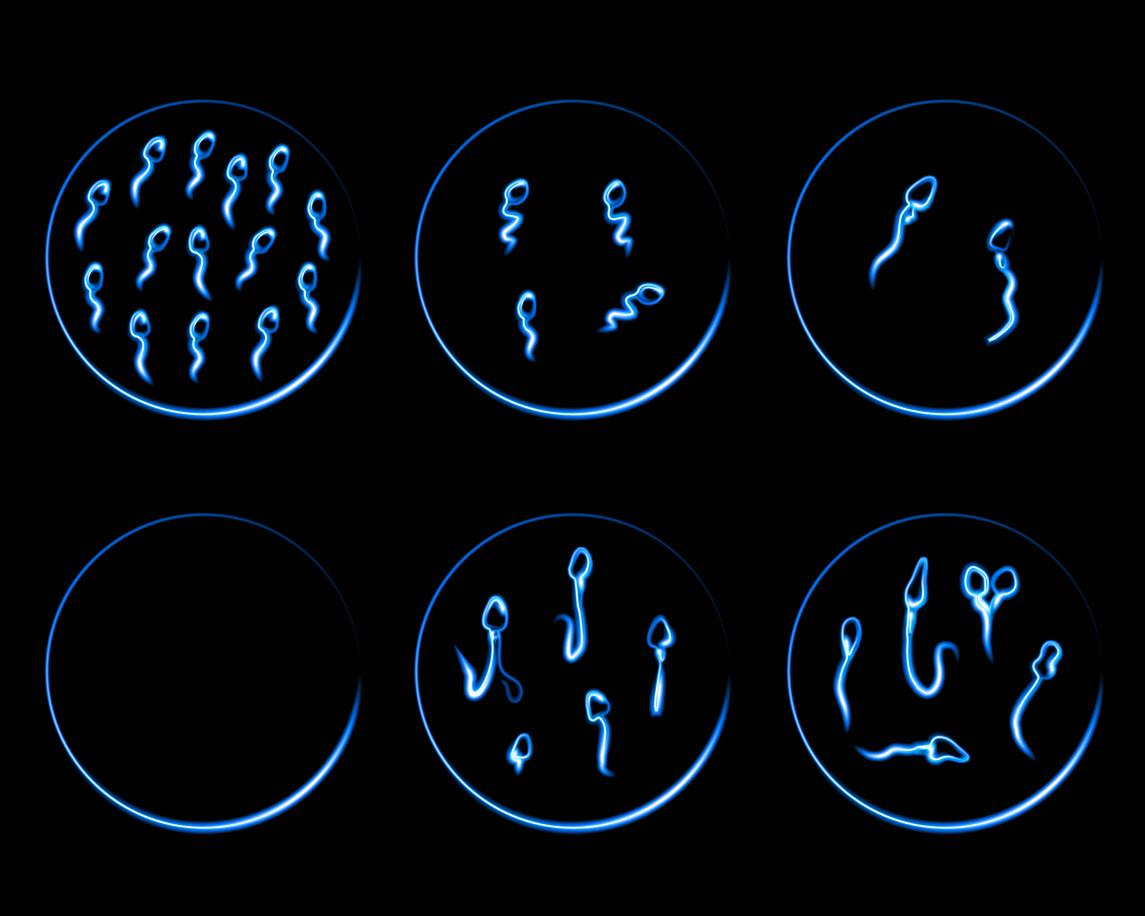A non-hormonal male contraceptive pill would be able to prevent sperm from moving, and therefore prevent an unwanted pregnancy.

- A non-hormonal male contraceptive pill has been developed.
- Tested on male mice, it prevents sperm from moving and acts approximately 30 minutes after a single dose.
- Its contraceptive effect wears off completely after 24 hours.
Men might have new contraception available to them in addition to condoms and vasectomy. Researchers at Weill Cornell Medicine have developed a non-hormonal male birth control pill that is able to prevent sperm from “swimming” for a few hours.
Sperm unable to move for 2 hours
This is not the first time a male pill has been developed. Several contraceptives, based on hormones, show efficacy rates during experiments of up to 94%. But most of them affected sperm development for a long time. Indeed, it took months for the solution to be reliable and for the effects to be reversed when the desire for a child occurs. These projects have therefore been shelved.
The solution proposed by the Weill Cornell Medicine, tested only on mice for the moment, has a major advantage over them: a single dose makes it possible to completely immobilize the sperm approximately 30 minutes after taking it. Some sperm start moving again after 3 hours. And, almost all of them regained normal mobility within 24 hours.
“Our inhibitor works in 30 minutes to an hour”said Dr. Melanie Balbach. “All other experimental male contraceptives, hormonal or non-hormonal, take weeks to reduce sperm count or render them unable to fertilize eggs.”
Male contraceptive pill: no fertilization during the experiment
While working on the treatment of an eye condition based on inhibitors of an enzyme called soluble adenylate cyclase (sAC), the researcher discovered that rodents who had received this drug produced sperm unable to propel themselves towards the before… and therefore to meet an egg to fertilize it.
The possibility that inhibition of soluble adenylate cyclase was a safe contraceptive option was strongly considered when the Weill Cornell Medicine team discovered the work of other scientists. They showed that men lacking the gene encoding this enzyme were sterile while being healthy. Dr Melanie Balbach and her colleagues Doctors Buck and Levin then began extensive chemical research to develop the contraceptive treatment called TDI-11861. It was then tested on mice.
The males who took this product managed to have sex with the females. But none became pregnant during the 52 matings observed. Rodents treated with an inactive control substance, on the other hand, fertilized almost a third of their partners.
“The team is already working to make sAC inhibitors better suited for use in humans”explained the authors of the published articleNatureCommunications on February 14, 2023. Their next step is to verify the effects of the treatment on human sperm motility.

















